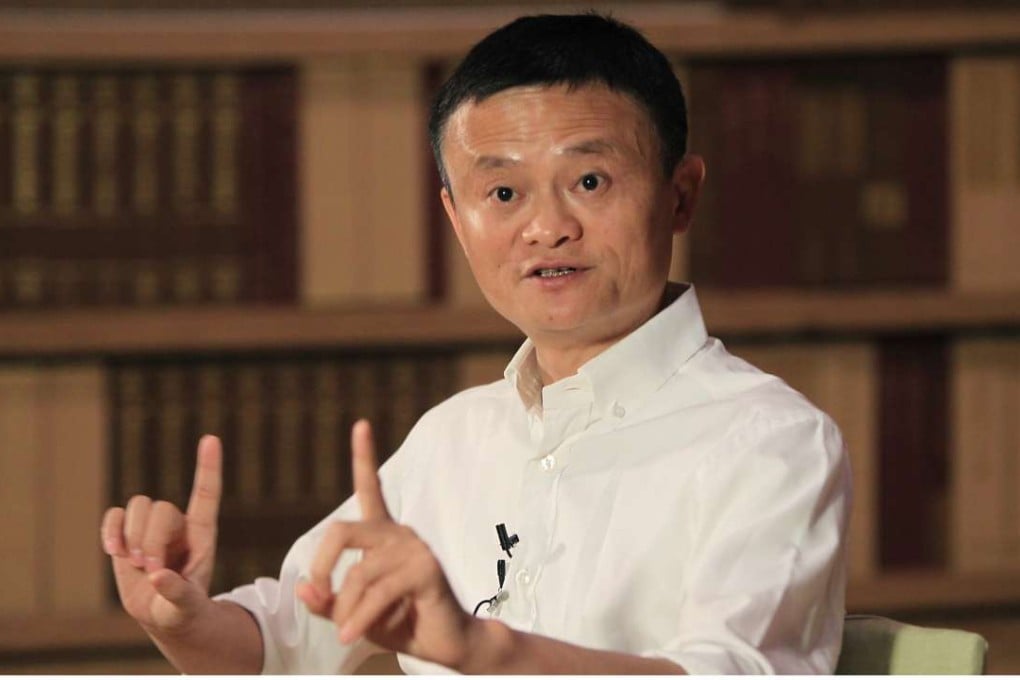E-commerce will become a ‘traditional’ business, says Alibaba’s Jack Ma
Alibaba wants to serve 2 billion consumers and create 100 million jobs over next 20 years, according to statement ahead of annual shareholders meeting

Alibaba Group founder Jack Ma Yun predicts a radical change in the global retail industry over the coming years, when today’s cutting-edge e-commerce activities become a “traditional business”.
“We anticipate the birth of a re-imagined retail industry driven by the integration of online, offline, logistics and data across a single value chain,” Ma wrote to Alibaba shareholders in a letter sent ahead of the New York-listed company’s annual shareholders meetingThursday night.
Ma, the executive chairman at Alibaba, pointed out that pure e-commerce players will soon face tremendous challenges.
“This is why we are adapting, and it’s why we strive to play a major role in the advancement of this new economic environment,” he said.
Founded in 1999, Alibaba runs the world’s largest online and mobile marketplaces in retail and wholesale trade. Its US$25-billion initial public offering in New York in 2014 was the biggest stock market flotation in history.
Hangzhou-based Alibaba has also steadily expanded into other industries, including financial services, health care, entertainment, media and enterprise information technology services. The company owns the South China Morning Post.